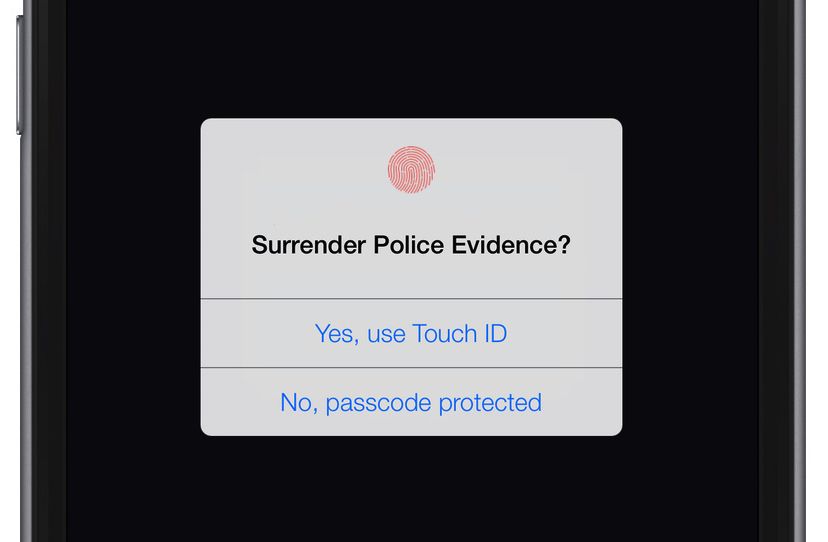Law enforcement has a love-hate relationship with the iPhone. Features like Activation Lock have helped crack down on smartphone thefts, but there’s always the lurking threat of someone asking Siri about 9/11 and accidentally dialling 911 in the process.
The latest issue police are butting heads with Apple about relates to the company’s late-2014 decision to no longer maintain decryption keys which let Apple unlock iOS 8 devices for police as part of active investigations.
And New York’s cops aren’t happy about it!
In a Senate Judiciary Committee hearing, the FBI, Justice Department and Manhattan DA’s office all asked Congress to force Apple (and other companies which offer a similar block on user data) to add backdoors designed specifically for law enforcement.
Although he wasn’t able to provide one example of an investigation that Apple’s decision has blocked from moving forward, New York district attorney Cyrus Vance said that Manhattan DA’s office has encountered 74 iPhones which were locked out to law enforcement investigations.
Vance did give an example of previous shooting that would be impossible to solve today — whereby a shooting victim recorded footage of his assailant using an iPhone running iOS 6. Following the victim’s death, the murderer was convicted due to the fact that police could retrieve the video.
“If that had been iOS 8, when the phone dropped, the passcode would have died with its user,” Vance told the hearing.
This report follows shortly after FBI director James Comey posted an open letter online in which he argued that the kind of strong encryption seen on the iPhone could potentially aid terrorist groups such as ISIS.
“My job is to try to keep people safe,” Comey wrote. “In universal strong encryption, I see something that is with us already and growing every day that will inexorably affect my ability to do that job.”
“None of us should accept that the government or a company or anybody should have access to all of our private information. This is a basic human right. We all have a right to privacy. We shouldn’t give it up. We shouldn’t give in to scare-mongering or to people who fundamentally don’t understand the details.”
In May, Apple signed an open letter to President Obama asking him to reject anti-encryption proposals. Last month, Apple was one of nine different companies to be given the full five stars in the Electronic Frontier Foundation’s (EFF) “Who Has Your Back?” privacy report.
I think it’s safe to say that we haven’t heard the end of this story!
Source: Wired


